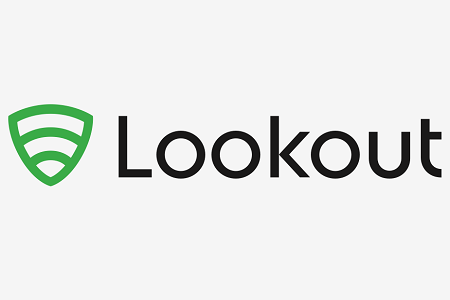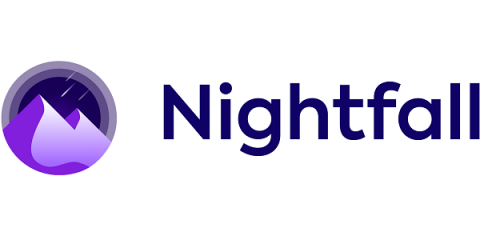Security | Threat Detection | Cyberattacks | DevSecOps | Compliance
Security
Lookout Announces Expanded Partnership with Google Cloud to Deliver Zero Trust Security from Endpoint to Cloud
Cloud-based solutions have become essential to how we work and play in the digital era. Many organizations continue their rapid embrace of cloud-based solutions to enable their employees the flexibility to work from anywhere. Cloud spending this year could hit $332 billion, up 23% from 2020, according to a forecast by Gartner, Inc. 1 The cloud has raised our expectations regarding productivity as organizations view the cloud as a true engine of competitive advantage.
Survey: Nearly Half of Manufacturers Suffered a Digital Attack in the Last Year
Confidence isn’t new when it comes to cybersecurity. All the way back in 2015, for example, 86% of security professionals working in the energy sector told Tripwire that they were confident they could detect a breach in a week. Just less than half (49%) said it wouldn’t take them longer than a day to spot an attack. It was the same story a year later when Tripwire surveyed infosec professionals in the retail sector.
A Beginner's Guide to Risk Mitigation and Management for Security and Compliance Professionals
Good data governance can go a long way toward reducing business risk. If your content and your data are secure, you’ve eliminated danger to your customers’ information and secured your proprietary information. From a digital perspective, you’re ahead of the game. But data governance shouldn’t be your only concern.
Open source data loss prevention for helpdesk ticketing systems
When your customers want help, ticketing systems provide the first line of communication between your company and your customers. Solving a problem or resolving an issue for your customers often requires collecting a lot of information and context throughout the support interaction. Especially today, these interactions can be captured through a myriad of channels including but not limited to messaging apps, SMS, social media, help centers, forums, bots, video conferencing, and more.
Why UC Davis chose Elastic to enhance its Security Operations Center
The University of California at Davis is an agriculturally focused university of more than 30,000 students. Founded in 1905, the university performs federally funded research for the U.S. Department of Defense, U.S. Department of Agriculture, and other agencies. It’s also home to an electric power substation, police and fire departments, and even an airport. All of this combined is a digital security challenge for Jeff Rowe, the university’s cybersecurity architect.
Are U.S. Companies Affected by the GDPR?
The European Union’s General Data Protection Regulation applies to any organization that operates in the EU or that collects or processes the personal data of EU citizens. So if a business in the United States (or anywhere else in the world, for that matter) does handle such data — yes, the GDPR can apply to you. That said, the exact compliance requirements will vary depending on the size of your company and how you process and store the applicable data.
What is Third-Party Risk Management?
Third-party risk management (TPRM), also known as “vendor risk management” is the process of managing risks introduced to your business by your organization’s vendors, suppliers, contractors, and service providers. Any outside party that plays a significant part in your company’s ecosystem or supply chain is considered a third-party vendor.
JFrog CloudFormation Modules Make Provisioning to AWS Easy and Secure
A routine cloud operations task should have a routine solution. That’s why we’ve just made it a lot easier to install and maintain self-hosted instances of the JFrog DevOps Platform on AWS, through AWS CloudFormation. To further simplify the effort of self-hosting Artifactory and Xray on AWS, we’ve just published a set of AWS CloudFormation modules to the AWS CloudFormation Public Registry.
Risk-based security now more important than ever for Energy and Utilities!
This is the third of three blogs in a series to help the energy and utility industries. You can read the first blog on Ransomware and Energy and Utilities and the second blog on Threat Intelligence and Energy and Utilities as well.









